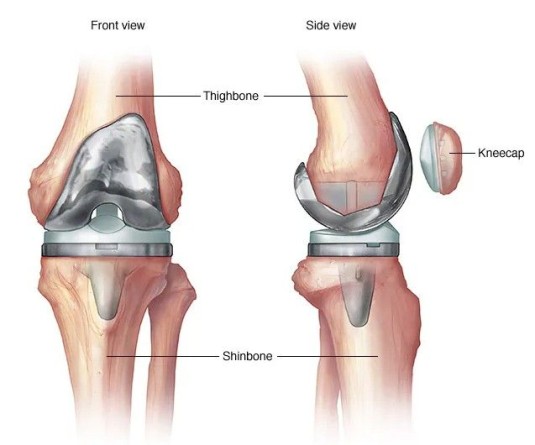IANS Photo

New Delhi, August 7 (IANS) With global temperatures rising due to global warming, the risk of heat strokes has increased, that is particularly troubling for athletes in competitive sports like tennis.
Rafael Nadal, a member of the famous Big 3 triumvirate in tennis, is a notable example of this reality, when he suffered a heat stroke and reportedly lost 4 kgs, during the Australian Open semi-finals in 2022.
Tennis matches are played on hard, sand-filled artificial grass, and clay courts.
Studies show that the heat load varies depending on the surface, creating different microclimatic environments.
The wet-bulb globe temperature (WBGT) index, which correlates with heat stroke, is used to assess thermal environments in sports.
Previous studies on WBGT differences among tennis courts had limitations, such as measuring only in the afternoon or not comparing WBGT values to the nearest weather station.
Addressing these issues, a team from Japan, led by PhD student Hiroki Yamaguchi from the Graduate School of Health and Sports Science at Doshisha University, and Professor Kojiro Ishi, investigated the heat environment of different tennis courts using WBGT meters.
“Exertional heat stroke is the second most common cause of non-traumatic death in competitive athletes. As a tennis player, I have experienced heat stroke during matches. Investigating heat conditions at various tennis courts can inform exercise guidelines and contribute to effective heat management in sports,” explains Yamaguchi.
The team measured WBGT values on outdoor hard courts, sand-filled artificial grass courts, and clay courts from June 1 to September 21, 2022.
Differences were found between on-site and JMA WBGT values, with hard courts having higher values.
Because WBGT only measures environmental heat risk, future heat safety guidelines will require the use of body heat balance models such as Predicted Heat Strain (PHS), which measure heat risk quantitatively.






